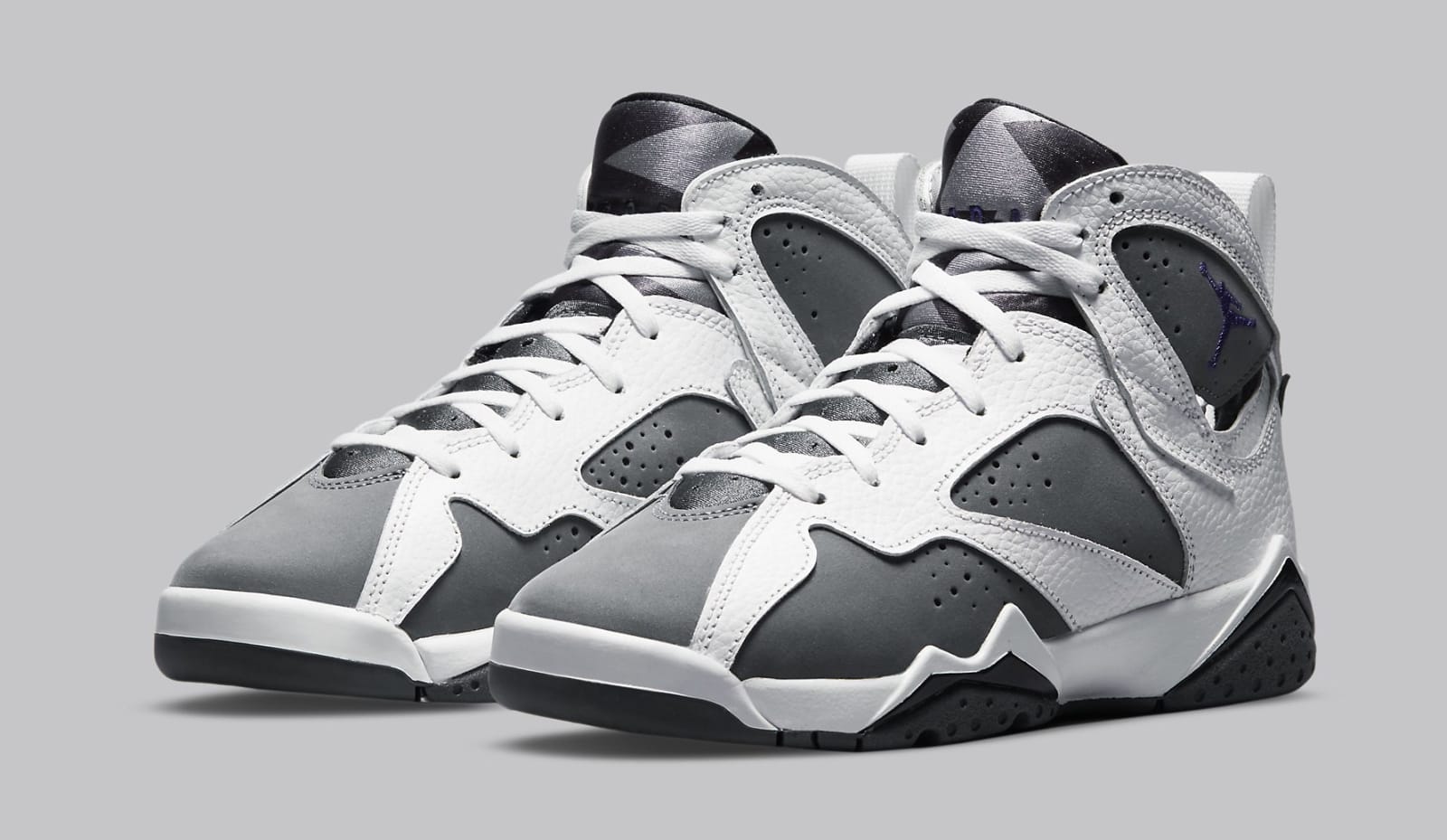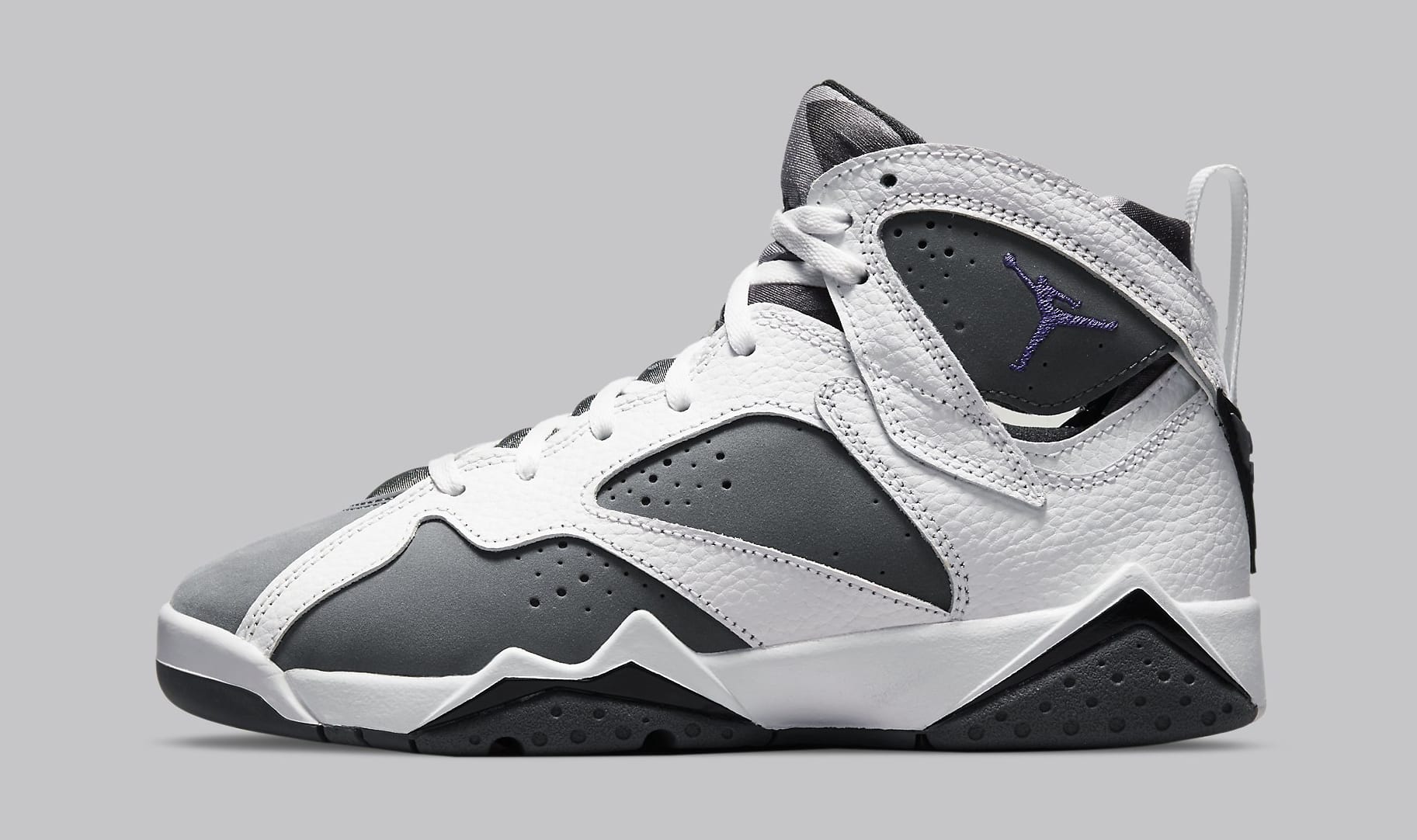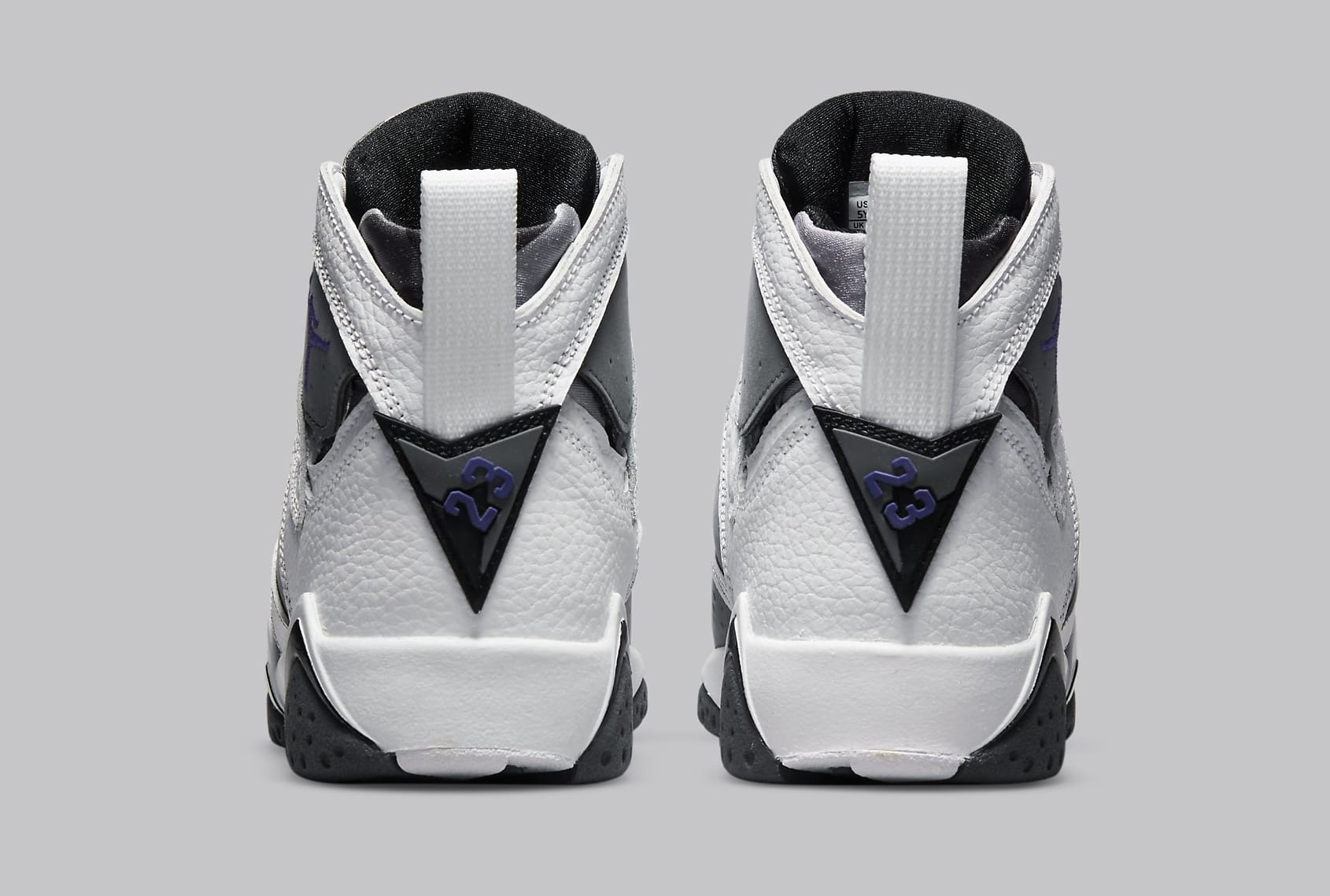
For nearly its entire 40-year history, hip-hop has been just as defined by intergenerational conflict as it has its youthful energy and rebellious spirit. It was founded by teens in New York rejecting the constraints of their parents’ music, causing no end to the consternation of elder generations back then — a tradition that continues to this day.
However, as much as those early rap records — and the ones of today — are a repudiation of whatever conventions defined “grown-up” music at the time, they are also influenced by and tied to those standards as well. The first rap records sampled disco, funk, and jazz, even as they strove to create something new and different. Today, modern artists sample their predecessors, borrow their flows, and pay lyrical homage without thinking about it, like it’s second nature.
And as much as the elder generation has been bemused by and berated youth movements, there have also always been those who have sought to guide, instruct, and encourage the “kids.” For every J. Cole, there’s a Jay-Z; for every Kendrick Lamar, there’s a Dr. Dre.
For Queens, New York poet, drummer, and rapper Kumbaya, there’s Pharoahe Monch, the veteran syllable slayer perhaps still best known for his Japanese monster movie-sampling 1999 hit “Simon Says.” Beginning his career in the early ’90s as part of the duo Organized Konfusion, Pharoahe has evolved and persevered through three decades of hip-hop, making him perhaps one of the best-suited artists to mentor an unconventional up-and-comer like Kumbaya.
The rap elder statesman and his protege joined Uproxx via Zoom to talk about the roots of Black music that have always tied generations together, the evolution of Black music through its myriad forms, the legacy both artists hope to leave behind, and the responsibility artists have to the world around them.
So, first of all, I just want to say, thank you both for agreeing to participate in this discussion. We’re talking about the rich history of Black music and its impact on American culture and the roots of Black music and so forth. A great place to start that discussion is when you started becoming aware of the differences between Black music and mainstream music, and what your first experiences with Black music really were.
Pharoahe Monch: I guess my first experience was in a church. With my parents being from the South, it’s like a mainstay. So, very early on, even in that sense, I would notice the patterns and stomp my feet to the various rhythms.
Kumbaya: When it came to church, my family didn’t have a tradition. Sometimes we went. Sometimes we didn’t. So, I think my first experience was kind of just digging through my mom’s CDs. She always had a whole bunch of CDs on deck, and I would just, on my off time, I would dig through them. I didn’t know what I was looking for. I was just looking for the most attractive CD cover, and I just popped it in. And I had no idea what I would, who these people were, but I just knew I really enjoyed what I was hearing.
I remember one time, she came in the house and she gave me a DMX cassette, and she said somebody had given it to her. And it was the one where he had all the blood on the cover [Flesh Of My Flesh, Blood Of My Blood] and my mom said, “Somebody gave this to me in the street.” She goes, “Here you go. I think this is gospel music.” And I was like, “I don’t think so.”
Well… He prays on it.
Kumbaya: I was like, “Ma, this man barking. I don’t think this is ‘gospel,’” but I listened to that front and back. So it was just those hands-off experiences. But as far as the differences, I was always told that it was all our music. All of the genres came from us. So for me, it’s just like, I see the differences as far as who gets to have their music on the forefront more often. I see that. But as far as the sound, it’s ours.
Pharoahe Monch: Even on the DMX joint, it’s intertwined, because he hits those things like a pastor, and then he’s praying on there. And he would pray on stage and sh*t like that. My whole household was just a plethora of different vibes. My mom was the gospel. My pop was jazz. Brother was the rock. Sister was the Jacksons, and so forth. But within all those genres, you can hear the originality and the origin.
I find that interesting because even going back to your time on Rawkus Records, your labelmate Mos Def [Yasiin Bey] made the song “Rock N Roll”: “Elvis Presley ain’t got no soul, Chuck Berry is rock and roll.” He was talking to the roots of where the music comes from. And I’m really interested in how music evolves and how you translate those influences through your own music. For instance, Pharoahe, you have, “Hallelujah, Pharoahe Monch’ll do ya.”
Pharoahe Monch: It’s funny you bring up Mos. I remember one time we did MTV, and his mom was managing him at the time. And he and his mom was telling me how his grandmother liked that verse. She was like, “Oh, he killed it with that ‘hallelujah’ part.” At that moment, in that piece, I am trying to bring about that same vibration and let it resonate on some Martin Luther King sh*t in terms of the tone, and in terms of the power there, with sh*t that moved me.
I used to study what gives you goosebumps. Is it the truth in the words? Is it the tone? Tonality in the line? What was it about the King speech that makes everybody’s hair stand up? What is it about Chuck D that can make your hair stand up when he hits you with a bit of truth? With the tone on that sh*t back then, I would be like, “Yo, this is different.”
All those things are soul to me. And all those things are Black to me. You have to study that sh*t to dig down into the roots of making people feel you beyond the f*cking content, which is why I’m a big fan of Kumbaya. It’s a combination of truth and pocket tone. As an MC, you don’t say somebody is nice unless they can command all of those kinds of elements. I think if you study Black music, you’re constantly chasing the elements.
Kumbaya: First of all, for Pharaohe to say he’s a fan of mine blows me away.
I just really like words, and I knew that from an early age. My mom knew that about me. I like to read, and I like to write. And so, I would just naturally gravitate towards voices that made me feel something. I say to myself, “Oh, I need to study how to be like this.” That’s when I started to realize that you start to take on the elements that you are drawn to, that you’re attracted to. So, if as a rapper, you’re just attracted to the flash, then you’re going to take on the element of the flash and ignore all the other stuff. But if you’re attracted to the tone, if you’re attracted to the presence, if you’re attracted to the look on somebody’s face, you’re going to start to absorb that stuff and put it back out in your own way.
As we’re talking about the impact that hip-hop music or Black music can have on culture and have on a person… knowing that impact, do artists have a responsibility to address that or use that?
Pharoahe Monch: I think for me, my overall feeling about artists is all about freedom. So, if you want to make some f*ck sh*t or some dance sh*t or some good time sh*t, all I want from that is to be inspired and motivated. It doesn’t all have to be revolutionary in the sense of pushing a Black agenda forward. It can be revolutionary in how it inspired me to think about doing that or to inspire the next person to think about doing it.
For me, it’s important to have the total spectrum of freedom but to also focus on leaving gems and continuing the legacy because this is what we come from. This is what we gathered this energy from, so it’s only right to give it back
Kumbaya, I absolutely heard a lot of what he was talking about in the music of yours that I listen to, but it’s being translated through a different lens. Pharoahe’s from a different generation. Kumbaya, you’re of course a little bit younger. What’s your take on the artist’s responsibility, and how do you think your individual lens makes it unique and so important to make sure that that perspective gets heard?
Kumbaya: At a basic level, we’re all the same. We’re all human beings and there’s no feeling that you’re going to feel, there’s no feeling that Pharoahe’s going to feel, that I’m going to be foreign to. There’s no emotion or anything that you’ve experienced, that I’m not going to understand. I may not agree but I’m not going to not understand it.
So I just feel like naturally as human beings, no matter what an artist does, no matter what they portray, whether they even try to be responsible or not, somebody is going to feel them. They’re going to resonate with somebody. So I think an artist’s responsibility is to just project whatever it is that you truly would like to project, which is why it’s important to know yourself and to stick by your stuff.
Pharoahe Monch: And you take the time to find your voice so you can get to those inner places. When you think about it in that sense it still goes back to the ancestors, not to get on some spiritual sh*t…
Kumbaya: No, let’s get on it.
Pharoahe Monch: When you tap into that sh*t, you tap into a vibration that’s undeniable every single time. It might not be for everybody but that sh*t’s going to resonate crazy when you dig that deep.
Kumbaya: I was listening to Ahmad Jamal yesterday and for like two weeks now I’ve been replaying this one song, “Poinciana.”I can’t stop listening to that song. I have no idea why but it makes me feel a way. I don’t even know what the title of that song means.
For a very long time, I was very angry. I was a very angry Black person for a very long time, rightfully so, once I started to learn about this system in place against me. I got very upset and I had to work through that because it started to affect my behavior for a reason that was unhelpful to me. So, I had to address that and I had to go and be on my own and work through that and find that voice so that I could express this in a more palatable way.
So I guess just to kind of wrap things up a little bit. Of course, history is always changing. It’s always moving forward. Right now, we are making history. So, I guess the obvious question is how do you want history to see you?
Pharoahe Monch: It’s simple for me, man. A lot of the joy I’m getting is learning and it’s dope to know that it’s a continuing f*cking thing that’s ongoing. The reason I personally push forward is that you can go back and listen to a verse or a song like Ahmad Jamal and get a whole new interpretation of that sh*t than when the first time you heard it. I think that’s part of the lesson of why you layer shit because the history of our message is that this shit needs to travel beyond our years.
If you look at the Black Messiah joint and Fred Hampton and the Panthers, Malcolm, Martin, at some point they all literally said, “I might not get there with you but this sh*t is going to resonate,” and not in the corny sense. You know, people are becoming more aware of the hardcore harsh reality of how they looked at the ugliness of this country. People always promote the “I have a dream” sh*t, but as we see now, Martin was like, “Yo, this sh*t is f*cked up. It’s f*cking two Americas and y’all need to be called out on that sh*t.”
So, woven into the Black experience of the music that I think resonates with artists like ourselves. That’s what makes this sh*t last and that’s what makes this sh*t a learning experience.
Kumbaya: I feel like I’m kind of new in the game so I actually never thought about that, what I would want to be remembered for. I know that the impact that I want to make is I want to encourage people to remember, as Toni Morrison said, “Words are things”. They’re real and they get into the walls and they get into the clothes and they get into you. I guess I would like to remind people of the power of them — particularly the power of the words that you speak to yourself because those are the most important words, the ones that we don’t hear.
I just want to remind people, “Your ideas are real. They’re real ideas. And if you feel passionate about something, go for it. Make that move.”
Pharoahe Monch’s A Magnificent Day For An Exorcism is out now via Fat Beats. Get it here. Check out Kumbaya on Soundcloud.










